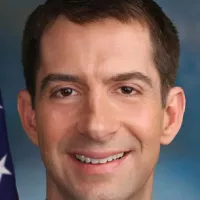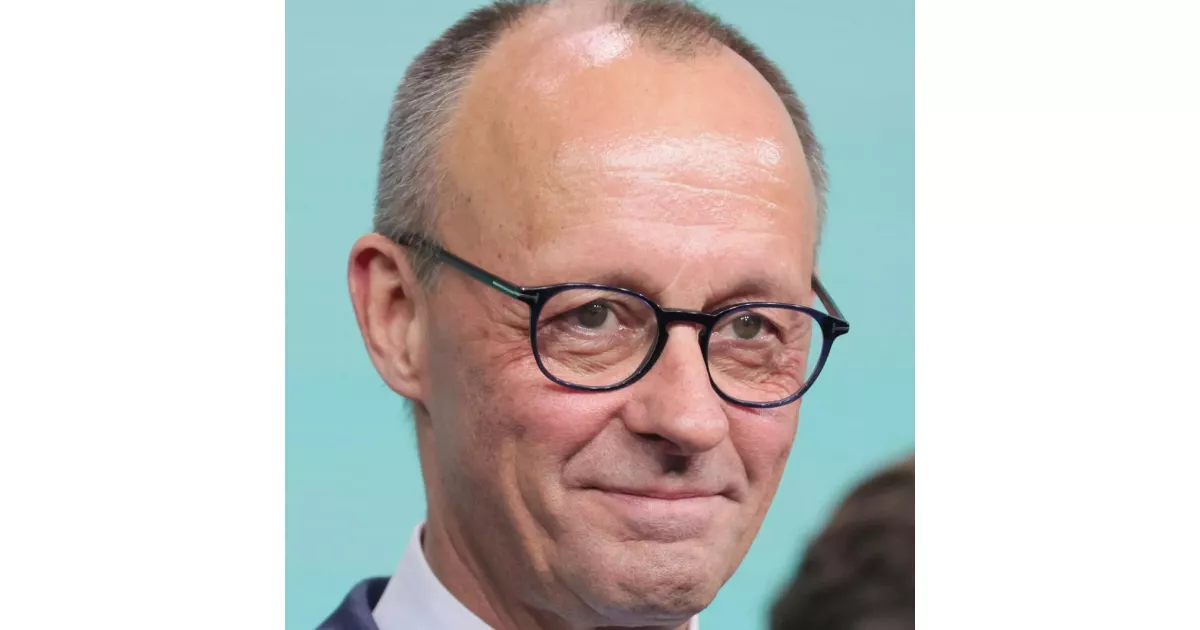Resilience and perseverance in the journey of Friedrich Merz. A timeline of obstacles and growth.
Friedrich Merz is a prominent German politician, currently serving as the Leader of the Christian Democratic Union (CDU) since January 2022. He also led the CDU/CSU parliamentary group and served as Leader of the Opposition in the Bundestag. In September 2024, Merz became the Union's candidate for Chancellor of Germany ahead of the 2025 federal election. The CDU won the most seats, and a CDU/CSU coalition with the SPD was formed, projecting Merz to become Chancellor on May 6, 2025. However, he failed to secure a parliamentary majority in the initial vote, a historic first for a German chancellor candidate.
1971: Left Gymnasium Petrinum Brilon
In 1971, Merz left the Gymnasium Petrinum Brilon for disciplinary reasons.
2002: Elected Deputy Parliamentary Group Leader
After the 2002 federal election, Angela Merkel claimed the parliamentary group chairmanship for herself, while Merz was elected deputy parliamentary group leader.
2002: Secondary Jobs as a Member of the Bundestag
In the 14th legislative period (2002–2005), Friedrich Merz had a total of 18 secondary jobs as a member of the Bundestag (federal parliament of Germany).
2005: Secondary Jobs as a Member of the Bundestag
In the 14th legislative period (2002–2005), Friedrich Merz had a total of 18 secondary jobs as a member of the Bundestag (federal parliament of Germany).
October 2006: Hearing on Disclosure of Secondary Income
In October 2006, Friedrich Merz pointed out that according to Article 38 of the Basic Law of Germany (constitution), members of parliament are "not bound by instructions and are subject only to their conscience" during the hearing regarding the disclosure of their secondary income.
2006: Multiple Board Memberships
In 2006, Friedrich Merz was represented on the boards of eight different companies.
2006: Filed Complaint at Federal Constitutional Court
In 2006, Merz was one of nine parliamentarians who filed a complaint at the Federal Constitutional Court against the disclosure of additional sources of income; the complaint was ultimately unsuccessful.
July 2007: Federal Constitutional Court Vote
In July 2007, the Federal Constitutional Court voted four to four to reject a lawsuit against the disclosure of secondary income, emphasizing the importance of the political mandate and concerns about potential bias from external payments.
2007: Defense Against Criticism of Secondary Activities
In 2007, Friedrich Merz wrote a letter to his voters in an attempt to defend himself against criticism of his secondary activities.
2007: Manager Magazine Article on Secondary Jobs
In 2007, Manager Magazine wrote about Friedrich Merz's secondary jobs.
2009: Secondary Jobs as a Member of the Bundestag
In the 15th legislative period (2005–2009), Friedrich Merz had at least 11 secondary jobs as a member of the Bundestag (federal parliament of Germany).
December 2018: Defeated in Leadership Election
On 7 December 2018, in the second round of the leadership election, Merz was defeated by Annegret Kramp-Karrenbauer.
January 2021: Failed to Win Leadership Election
In January 2021, Merz failed to win the position in a leadership election.
January 2021: Failed to Win Party President's Post
On 15–16 January 2021, Merz failed to win the CDU party president's post for the second time, receiving 466 votes out of 1001 delegates, while Laschet received 521 votes.
December 2021: Warning Against Cooperation with AfD
In December 2021, shortly before becoming party chairman, Friedrich Merz declared that any CDU state associations cooperating with the AfD would face party exclusion.
June 2023: Restricting Cooperation Ban with AfD
In June 2023, Friedrich Merz declared that cooperation with the AfD would only be prohibited in legislative bodies at the EU, federal, and state levels, which was a retraction from his earlier promise to halve the AfD.
November 2024: Proposal on Voting Strategy
In November 2024, Friedrich Merz proposed that the CDU should only put questions to the vote that would find a majority without the AfD.
2024: Merz criticizes Trump's trade war and calls for independence from America
In 2024, Merz criticized Donald Trump's trade war against Europe and expressed a desire to make Germany "a little more independent from America". He also stated that Germany "must go from being a sleeping middle power to becoming a leading middle power again".
January 2025: Rejection of Coalition with AfD and Subsequent Motion
In early January 2025, Friedrich Merz passionately ruled out any cooperation between the CDU and AfD, stating that the CDU would "sell its soul". Later that month, the CDU, influenced by a deadly knife attack, issued a motion on migration that passed due to the AfD's support, ignoring Merz's previous proposal to avoid votes dependent on AfD support. The proposed legislation was later rejected due to abstentions from CDU legislators.
February 2025: Merz suggests nuclear security discussions with France and UK
In February 2025, Merz proposed Germany negotiate with France and the United Kingdom about extending their nuclear umbrella to Germany. He suggested discussions about nuclear sharing or security from the UK and France, potentially applying to Germany. The move to reconvene the old Bundestag were criticized. Merz received international support for the financial package from NATO Secretary General Mark Rutte and EU Commission President Ursula von der Leyen.
March 2025: Merz proposed increase in defence spending
In March 2025, Friedrich Merz proposed a significant increase in defence spending for Germany, suggesting an amendment to the Basic Law to exempt defence spending above 1% of GDP from the debt brake. This would allow Germany to increase its debt to finance its military and provide assistance to Ukraine. German lawmakers approved the amendment to the Basic Law, allowing the government to spend €500 billion on infrastructure and green energy and exempt defence spending from the debt brake, which allows an unlimited debt-based financing of defence spending. Merz cited the threat from Russia as justification.
May 2025: Projected Chancellor of Germany
In May 2025, Friedrich Merz was projected to become the next chancellor; however, he failed to garner enough votes for a simple parliamentary majority in the first round of voting.
2025: Merz on irregular migration
In 2025, Friedrich Merz identified limiting irregular migration as the most important task following the German federal election.
2035: Interest payments on Germany's government debt.
In 2035, Germany is estimated to pay approximately €71 billion annually in interest as a result of the increase in government debt that would result from Merz's plan proposed in March 2025 to increase defence spending and create a special fund for investments.
Mentioned in this timeline

Donald John Trump is an American politician media personality and...
Ukraine is a large country in Eastern Europe second in...

Benjamin Bibi Netanyahu is a prominent Israeli politician and diplomat...

Ursula Gertrud von der Leyen is a prominent German politician...
Germany officially the Federal Republic of Germany is a Western...
China officially the People's Republic of China PRC is an...
Trending

Simon Cowell is a prominent English television personality and businessman recognized for his role as a judge on various talent...

7 months ago Gary Payton Reflects on Jordan Matchup and Hypothetical Stats in Today's NBA

11 days ago Spurs Defeat Nuggets in Thrilling Game, Mavericks Face Nuggets

22 days ago Michael Douglas and Catherine Zeta-Jones Celebrate 25 Years of Marriage with Throwbacks
Luke Kornet is an American professional basketball player currently playing for the San Antonio Spurs in the NBA He's a...

6 months ago Jack Black's Minecraft Movie Sets Premiere on HBO Max, June 20, 2025
Popular

Candace Owens is an American conservative political commentator and author...

Ilhan Omar is an American politician currently serving as the...

XXXTentacion born Jahseh Dwayne Ricardo Onfroy was a controversial yet...

Tom Cotton is an American politician and Army veteran currently...
The Kennedy Center Honors are annual awards recognizing individuals and...

Kelsey Grammer is an accomplished American actor producer and singer...
